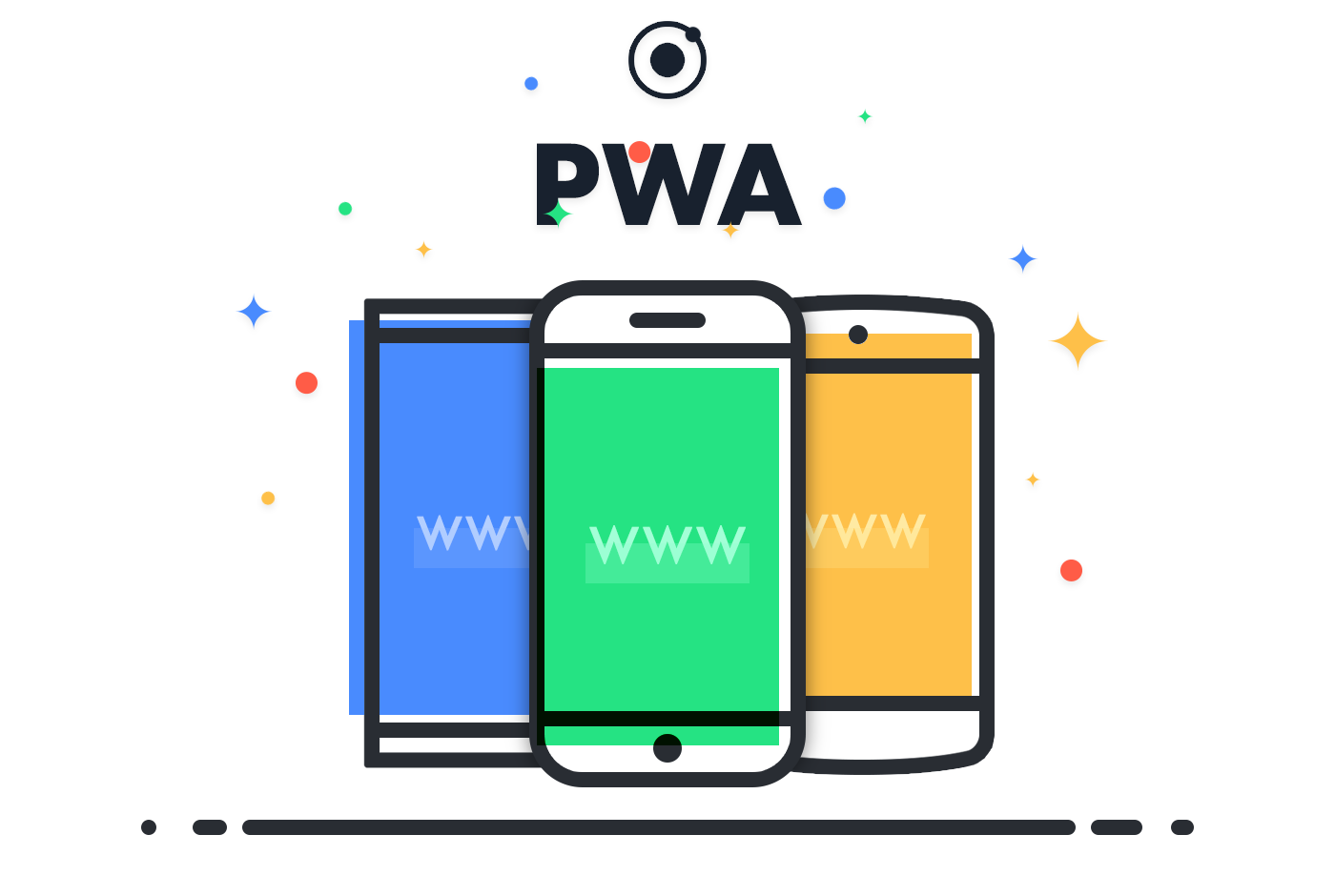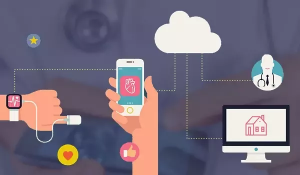An introduction to Progressive Web Apps
Progressive Web Apps (PWAs) is a new technology move in the IT world. PWA was introduced in 2015 by Google, and has gained popularity in 2017.
It is a term used to denote a new software development methodology. PWA is a mixture of both web and mobile application where mobile apps are delivered through the web. It provides unique function of both web and mobile application. It gives you the ability to implement native app features into web apps. PWA brings unique advantages for developers building consumer facing apps. They allow developers to completely skip the app stores and allow them to easily deploy to a web server.
PWA are about to change the mobile landscape. It helps to deliver an app-like experience on every browser. It looks similar to native app style navigation and designs. PWA is not specified to a particular device, as it is built on the web. PWA displays perfect and alike on all devices, including desktop, mobile, tablet, or whatever comes next.
In native app download process, about 20% of users are lost. It is often a tedious process for users to find the app in the app store, wait for it to download and install into their devices. They may also have concerns about storage space for using the app. Whereas PWA takes only one step process. PWA can be accessed without downloading it from an app store. Instead user can launch the app straight from a URL.
In the SEO perspective, Progressive Web Apps are easily discoverable. They are effortlessly recognized via search engines, and shown in search results like other web content. PWA can be treated with the same SEO procedure in order to get indexed. It will not only index app name, but also the content within the app. It will not be treated as an app in particular, but as a piece of content. For example, if you own a veg-restaurant and have a PWA, it gets indexed and ranked in search results, for those who search for veg- restaurants in the area. This drives customers straight from the search results to your app. An app-like experience will allow customers to reserve seats and pre-order food from a UI built for mobile. It is a seamless process starting with a web search and ending with a completed task in the app.
User advantages
- PWA is designed to work offline and in areas of low internet connectivity
- It serves the user with the newest and updated version. Revised app version will instantly and automatically be available to the user
- The user is able to save the PWA to their home screen to access it at any time
- No hassle of downloading app from the app stores. PWA is linkable and can launch the app straight from a URL
- No need of precious storage space on user’s device
Developer Advantage
- Developers no longer have restrictions to iOS and Android’s rules and guidelines for the implementation of Apps
- A developer will not have to go through an approval process, allowing the app to be used as soon as it’s ready.
- Developer can simply deploy to a web server, without using app store
- They can simply push new code to web server for updated version
Enterprises Advantage
- No need to submit your app in native app store. This makes your time to reach market much faster
- Provide a better experience to a wider audience and surely get a competitive edge over the others.
- Increase in the conversion rate by 70% with lower acquisition cost
Progressive Web Apps are reliable, fast and engages the user more. It gives immersive user experience as it give new quality outlook to user’s home screen. PWA can provide the ideal solution for businesses looking to build a compelling and easily adoptable mobile experience for their customers. It provides unique function of both web and mobile application.
Image Courtesy: Ionic Framework Blog






